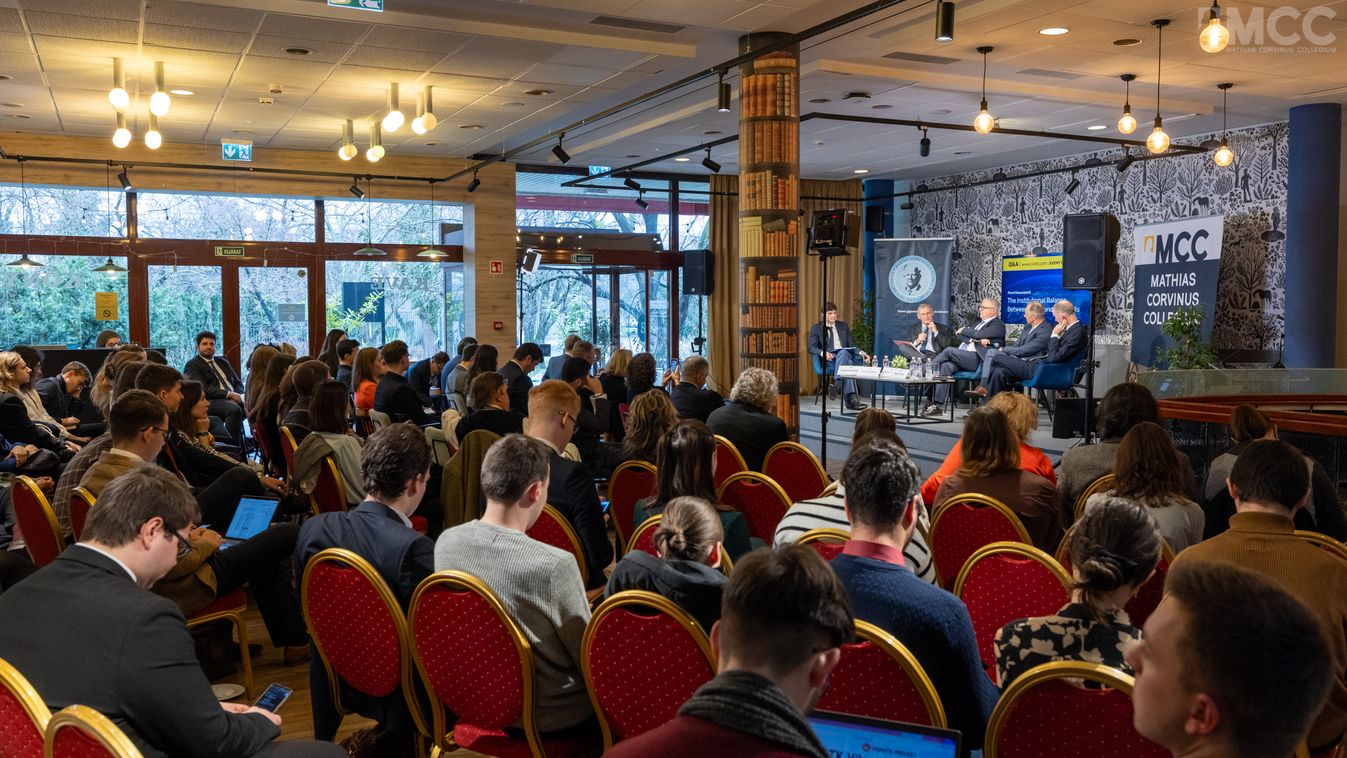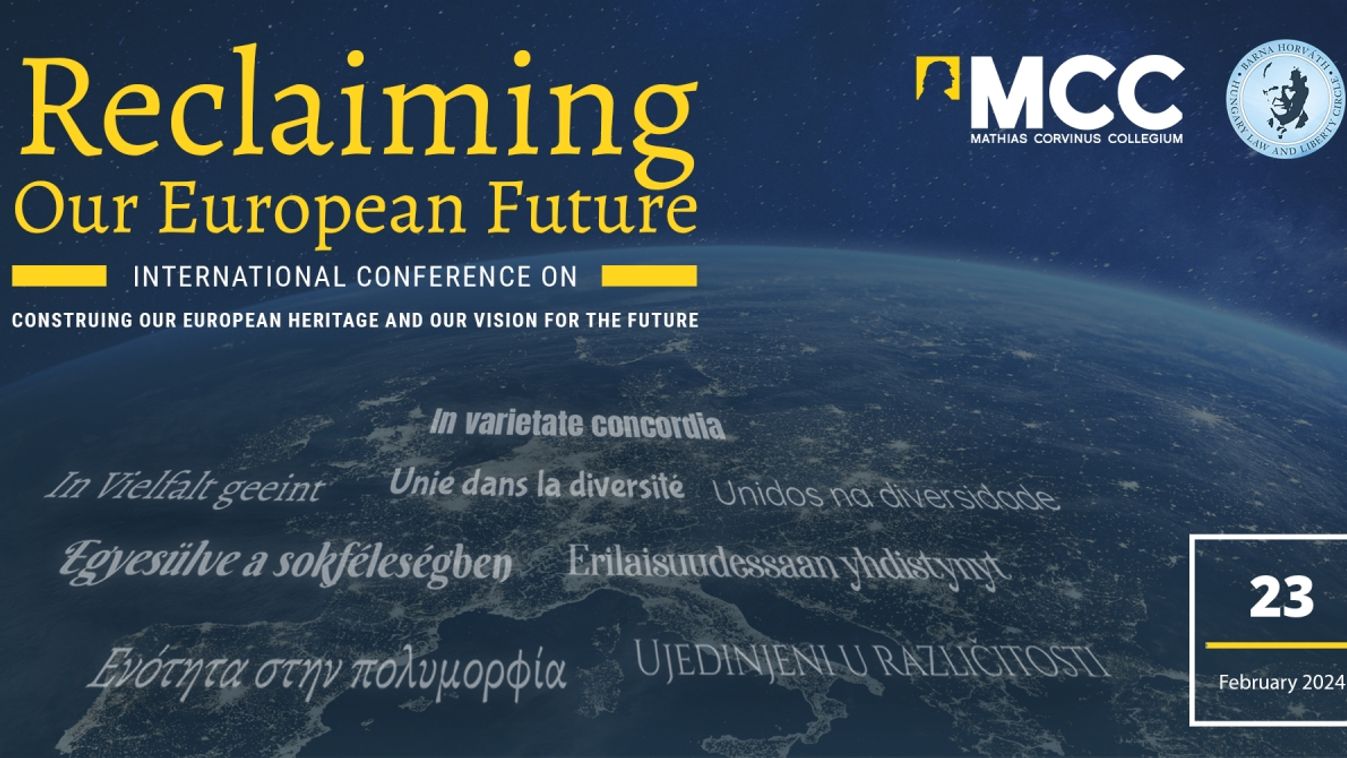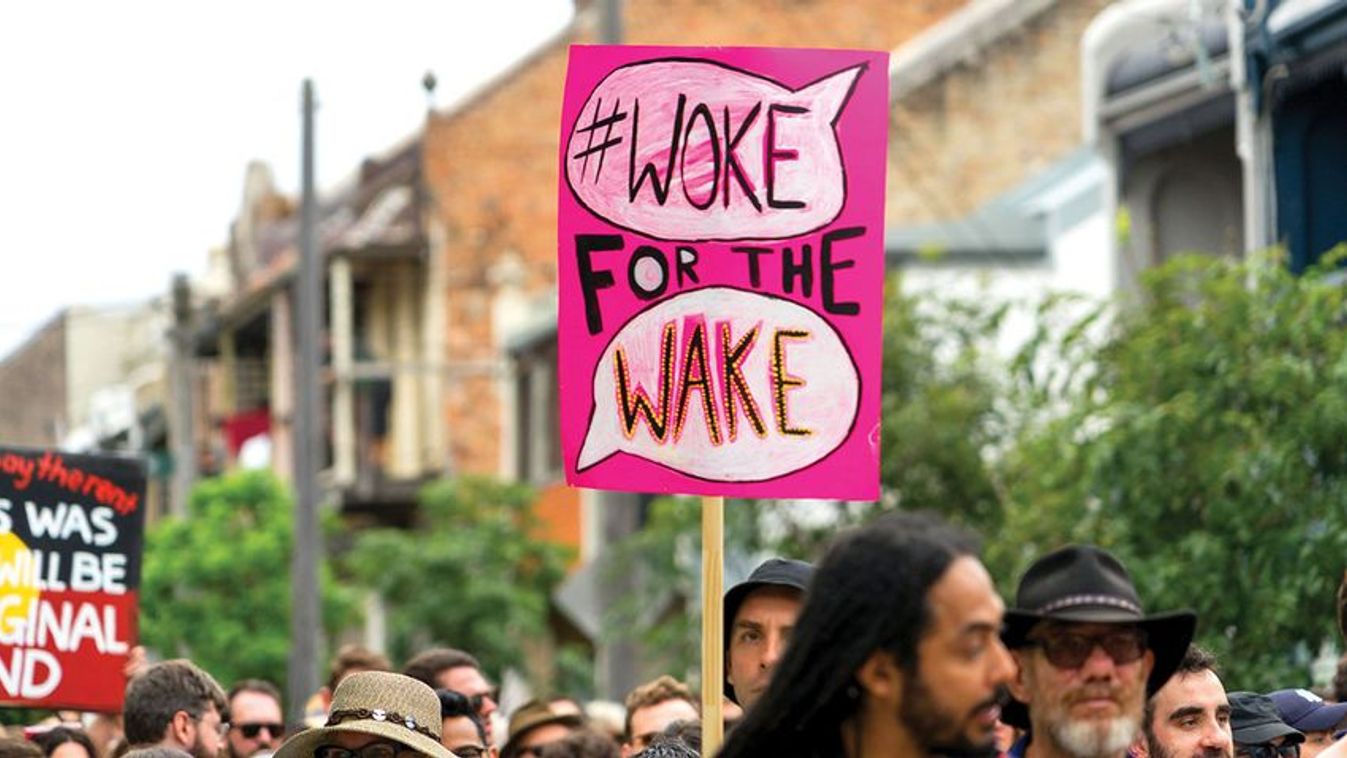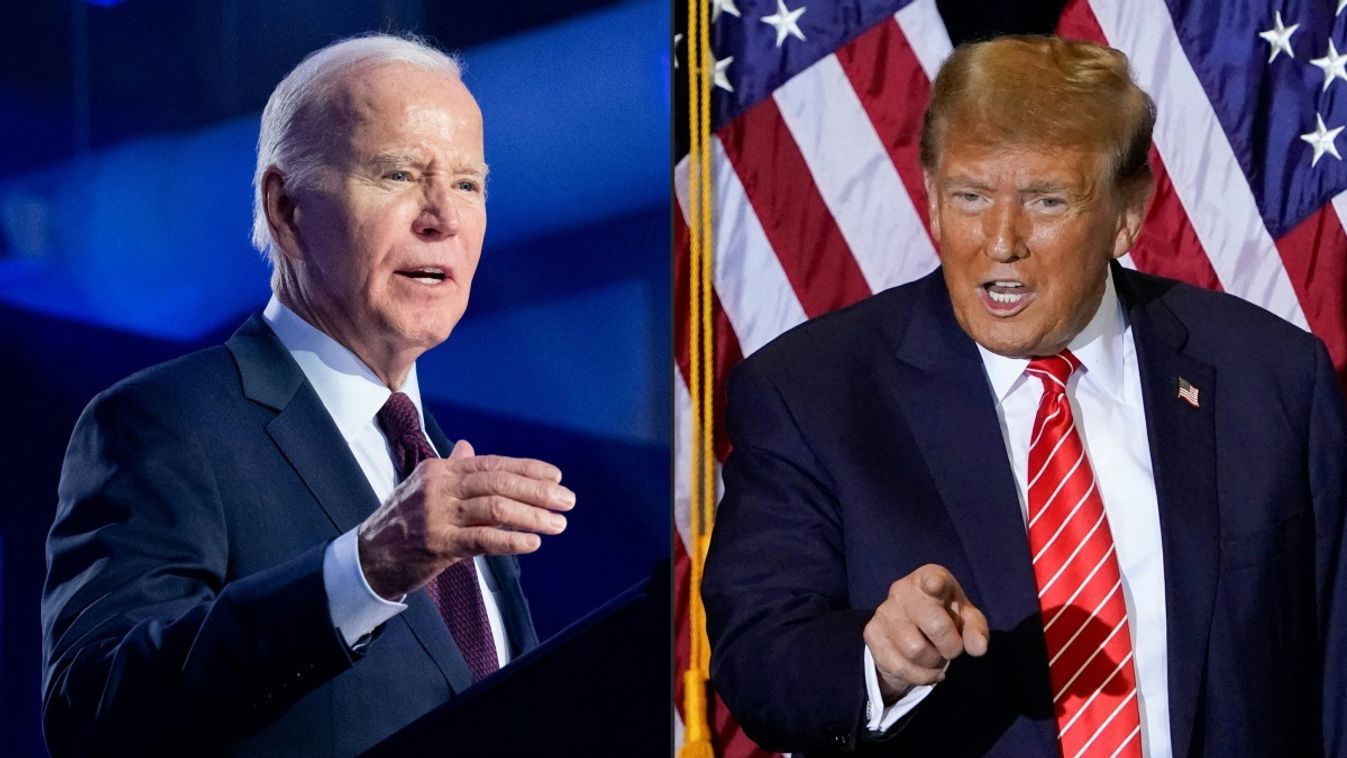Paolo G. CAROZZA is Professor of Law and Concurrent Professor of Political Science, Director of the Kellogg Institute for International Studies, University of Notre Dame. His expertise is in the areas of comparative constitutional law, human rights, law and development, and international law. He currently serves as the United States member of the Venice Commission. Previously, he was member and then president of the Inter-American Commission on Human Rights. He has been awarded a doctorate honoris causae from the Pázmány Péter Catholic University.
The late Jonathan Sacks pointed out that every age has its own dominant mode of discourse. In the medieval period, sometimes known as “the age of faith,” the dominant mode of discourse was theological. In the Enlightenment period, sometimes known as “the age of reason” or as “the age of science”, the dominant mode of discourse was rationalist, scientific. Today, the dominant mode of discourse is the discourse of human rights. However, if people articulate or defend their views, public policy or cultural norms as well as their putative rights in the language of human rights, how in your view can one distinguish between true human rights and false claims of human rights?
The concept and discourse of human rights certainly has become today the lingua franca of almost every discussion of justice, of the proper boundaries of individual liberties and the contours of the common good, and of what responsibilities we owe to one another in society. The problem is that all these questions cannot be separated from prior premises and assumptions about the nature of the human person: in what does human dignity consist and what does it demand of us; what constitutes a flourishing human life; how is our personal identity formed in relationship to others, to our communities, and to our history and language and orientations toward the ultimate questions of meaning; and so on – in short, what does it mean to be human and to live a fulfilling human life? Such questions are implicitly present in every assertion of human rights. But we live in an age where
the direct and overt consideration of the human questions are largely bracketed
and set aside, even suppressed. Without addressing these deeper issues, it is impossible to judge with any clarity what are “true claims of human rights” (ie., those that genuinely honor human dignity and are conducive to human wellbeing) and those that are not. In short, we need to recover a more robust sense of the human dimension. If there is no human, there are no human rights.
Another challenge is the principle of “subsidiarity” that holds together the universality of human rights and the pluralism necessary to their practical realization. How do you see this challenge and what role do local communities and national sovereignty play in realizing human rights?
One of the most crucial factors for the sustained legitimacy and effectiveness of the international human rights project is to be able to maintain a balanced and constructive relationship between local (both national and subnational) norms and institutions and global ones. An approach that defers too uncritically to national context risks destroying the insight that there are certain rights that have a genuinely universal character that we can claim solely in virtue of our human nature. And any overly nationalist turn also contains a risk of insularity and of a premature closure to the breadth of human goods. But the converse has its dangers and problems as well: an approach that focuses only on human rights as abstract universal principles will fail to appreciate how every human right is lived out in concrete ways only through the local communities and particular social realities that give them distinctive shape and meaning and direction. Almost always,
broad universal principles of human rights are capable of being reasonably specified in a variety of reasonable, but mutually distinct, ways.
How any one right is specified in a particular context will depend enormously on the details of that social and juridical system, its structures and traditions, and its distinctive way of imagining the real (to use Clifford Geertz’s evocative phrase). Moreover, it is in the process of specifying universal rights into particular systems of positive law that the essential values of communal identity, political participation, and democratic self-governance are realized. Thus a permanent creative tension, or dialectic, is required between universal principles and the concrete contexts in which rights acquire their significance and effectiveness. The concept and practice of
subsidiarity is a way to help realize that ongoing necessary relationship between the universal and the particular.
Subsidiarity is already built into the structure of international human rights in many ways, but still it is often poorly understood and badly realized. Without it, human rights systems are destined either to become irrelevant (because too relativistic or too detached from the reality of people’s lives) or to become imperialistic impositions of the particular ideological preferences of those who hold the most power.
You served as a member and later as President of the Inter-American Commission on Human Rights. How can international human rights courts in your view best approach sovereignty and find the right balance between universality and pluralism rooted various cultures and traditions nation states represent?
For some time there has been a great deal of scholarly output and public rhetoric about the need for a transnational dialogue among national or constitutional and international tribunals. I agree that this is essential, but the problem is that in practice what passes for “dialogue” is often more like a one-way monologue from the international instances to the national ones. If we are to keep a healthy balance between universality and pluralism in human rights,
there has to be a more fully reciprocal relationship between the different levels of interpretation and adjudication.
This will sometimes require the international bodies to be willing to defer more to local authorities’ judgments and applications of human rights. But the related problem at the local level is that all too often national constitutional systems are insufficiently protective of the rule of law – courts lack independence and integrity, access to justice is limited, etc. It makes it very hard to have a healthy, reciprocal relationship between national and international courts where one is not able to arrive at a basic level of trust and accountability at both levels.
How do you see this dilemma in Europe? It seems that for example in the case of banning the display totalitarian symbols in public such as the five-pointed red star, the Strasbourg court did not really provide leeway to Hungary or to other Central and Eastern European countries. How could this approach change as the Protocol 15th that emphasize the principle of subsidiarity enters into force?
The preambular references to subsidiarity and the margin of appreciation in the European Convention on Human Rights that Protocol 15 has now introduced (effective as of August 1, 2021) are certainly welcome additions. But I am not convinced that they will effect great changes in the jurisprudence of the European Court of Human Rights. In any case, with regard to the risks of excessive homogenization of European constitutional pluralism, I am more concerned about the actions of the political institutions of the European Union and of the Council of Europe, than about the Strasbourg Court.
It seems that the number of non-traditional human rights cases, such as cases relating to economic recession or environmental pollution or armed conflicts are rising at international human rights forums. What in your view are the most burning challenges before international human rights courts?
One consequence of the point noted above regarding human rights as the dominant mode of discourse of our time is that every social problem tends sooner or later to get framed in terms of human rights. I think
we need to step back from the overuse of human rights concepts and ask ourselves when and where it is most useful to use rights language to tackle a particular problem.
The more that a particular situation involves highly diffuse human goods in which all participate, and is the result of complex interrelationships among multiple different causal factors that make it difficult to clearly individuate both claims of right and their correlative duties, the less will the structure of rights-talk be a helpful tool to delineate the demands of justice. Climate change is a paradigmatic example of this, in my view. It is certainly an urgent and vital concern, but I don’t see human rights as being a particularly useful instrument for addressing it.
At the same time, we should not dismiss the “classical” political and civil liberties as somehow passé or less relevant today, or think that the problems of liberty and democratic self-governance are behind us. A massive proportion of the human family still lives in conditions of authoritarian rule, and as much as we like to think of gross and systematic violations like genocide and concentration camps as being of another era, in fact they are still with us – witness for instance the systematic suppression of the Uighurs by the Chinese Communist Party, or the complete collapse of Venezuela from a functional, however imperfectly democracy into an authoritarian dictatorship. The advent of the technocratic surveillance state only exacerbates those problems. We should not become passive about the need for vigilance regarding such rights as freedom of expression, freedom of religion and belief, rights to political participation, rights essential to the rule of law, and so on.
However, the rising impact of non-governmental entities, including large transnational corporations and platform based businesses, on human rights might pose a new challenge. For historical reasons, we are used to thinking that human rights are designed to impose limits solely on the regulatory reach of governments that exercise public powers. However, especially in light of the emergence of economic and information globalization, this reading might turn out to be a bit misleading. How do you see the growing impacts of companies on human rights?
Human rights arose principally as constraints on the state both because the modern state embodied an extraordinary and unprecedented concentration of power – and with that power comes, inevitably, the tendency of human beings to abuse it – and also because in the modern era the nation-state is the paradigmatic “complete” community for exercising authority to and coordinating all aspects of the common good of their people.
The rise of exceptionally broad social and political influence among nongovernmental entities, especially corporate ones, poses significant challenges in both of those dimensions.
The growing power of certain corporate entities – both in an absolute sense and as a consequence of their monopolistic share of their particular markets – coupled with the invasiveness of technology into every corner of our lives entails their ability to exercise an extraordinary impact on all aspects of social and cultural life, from individual lifestyle choices to public opinion to politics. I take it as self-evident that such power needs to be regulated appropriately by public authority so that its exercise remains aligned with the needs and requirements of the common good. But the challenge of doing so is compounded by the fact that as
global entities, these nongovernmental actors often operate outside of the effective regulatory control of any one state;
thus they also pose a problem for the classical paradigm of nation-states as complete communities with respect to the common good of their people. I only see two mutually-reinforcing ways out of this dilemma at the moment. On the one hand, states – which inevitably continue to be the primary sources and agents of international law – need to find ways to coordinate increasingly their regulatory actions. There needs, in other words, to be a new international politics – perhaps different from the liberal internationalist structures of the latter 20th century that today no longer seem adequate to the tasks at hand. But what alternatives may emerge is, to me, one of the most difficult puzzles of our era. And at the same time, global businesses themselves need to internalize and institutionalize effective means of self-regulation of their actions to help ensure that they respect basic human rights. The creation of the Facebook Oversight Board is a very interesting development with respect to this second point. It is still very much an uncertain experiment and we will see in time if it succeeds in bringing greater accountability and transparency to Facebook’s operations, but I think we should welcome the effort and should hope very much for it to succeed.
The Facebook Oversight Board recently handed down its decision on the former President concerning the assault on the Capitol. What was surprising to me is the way the Board applied international human rights law. Among the many questions and concerns is that the decision did not take into account the reservations and understandings the U.S. took to the ICCPR and ICERD even though the general rules would have pointed to U.S. jurisdiction. What harmful consequences might this approach have in your view?
Given my responses to your previous question, I should also make clear that I do not see private companies, even powerful ones like Facebook, as being the equivalent of states for purposes of ascertaining their human rights responsibilities. As powerful as they may be, they do not have authority to govern, let alone to govern taking into account all the different aspects of the common good that are necessary to foster the flourishing of the community as a whole. It follows, I believe, that the specific rules applicable to the government of the U.S. (or any other state) may or may not be the ones appropriately applicable to Facebook (or any other similar private-sector actor). U.S. reservations to the ICCPR are a good example of that difference: the constraints on the US government’s power to ban hate speech, for instance, which is imposed by the First Amendment to the U.S. Constitution and which forms the basis for one of the U.S. reservations to the ICCPR, do not necessarily apply to Facebook, which could decide to (and in fact does) have its community standards be somewhat more restrictive with respect to hate speech than would be permissible for the government of the United States.
That question is situated within a much larger challenge. Facebook is a global platform operating across the entire world and its success (and in important ways its potential for positive contributions to social life) is dependent on it being a unified transnational space, not a fragmented collection of different national spaces each subject to separate rules and practices. So I do not see a problem in principle in having a common set of international human rights norms serve as the starting point and guiding principles for the Oversight Board’s judgments. Equally, however, for the same reasons I outlined in more abstract terms earlier,
its decisions must be able to take local context, culture, and meaning seriously into account.
In the Oversight Board’s decisions to date, we can see very clearly the effort – sometimes more successful, sometimes less so – to hold consistent and globally applicable norms together with an awareness and sensitivity to “local knowledge.” This will be an ongoing challenge for the Oversight Board. It will be an even greater challenge for Facebook as a whole (and other global information platforms) to continue to operate on a vast scale and yet still be responsive to the more intimate micro-realities in which people actually experience the exercise and the violation of their human rights.






















